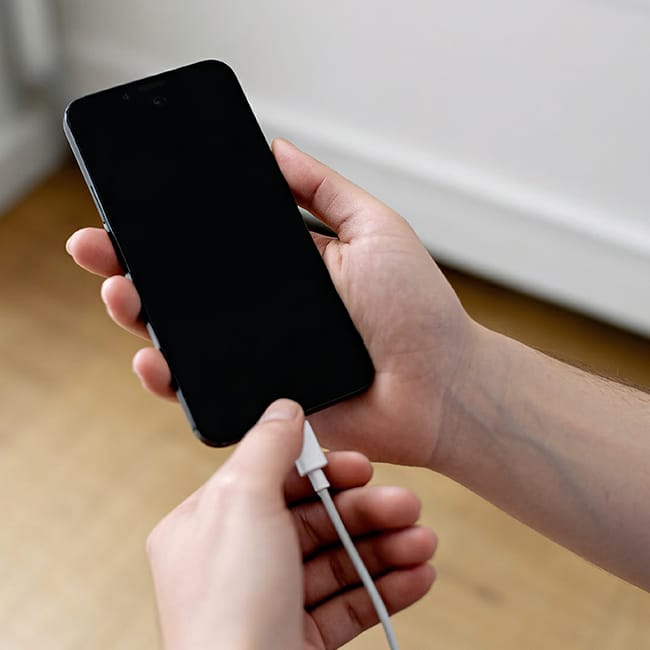You can download some apps, keep them on your phone for a lifetime, and they’ll only ever offer you joy and never cause you trouble. Unfortunately, that’s not the case with all apps. Being mindful and careful about the apps that you download is one wise way to protect your data and privacy against hacking attempts and other issues. But it’s also a good idea to periodically go through the apps you have downloaded and decide which should stay and which you can afford to part with. Doing this can help you manage your storage better and may even help your battery power. Tech Expert Sufyan Mughal from Gaming Tech Review considers these the “riskiest” iPhone apps that you should delete to protect your personal data.
App: Unverified Third-Party App Stores
Risk: Unverified third-party app stores pose a significant security risk as they often distribute modified or pirated versions of legitimate apps, Mughal says. “These apps may contain malware, spyware, or malicious code that can compromise your iPhone’s security,” he continues. “To make it less risky, it is strongly advised to uninstall unverified third-party app stores and rely solely on the official App Store for downloading apps. Apple’s strict app review process ensures that apps available on the App Store are thoroughly vetted for security and privacy concerns.”


App: Outdated and Abandoned Apps
Risk: Outdated and abandoned apps that are no longer supported by their developers are potential security vulnerabilities.
“These apps may contain unpatched security flaws, making them an attractive target for attackers looking to exploit known vulnerabilities,” Mughal says. “To mitigate this risk, regularly review the apps installed on your iPhone. If you come across outdated or unsupported apps, consider deleting them. Developers typically release updates to address security issues, so it's crucial to keep your apps up to date by installing updates from the App Store.”
App: Suspicious or Unknown VPN Apps
Risk: Suspicious or unknown VPN (Virtual Private Network) apps can compromise your privacy and security. “Some VPN apps may harvest your personal data, inject ads, or even transmit your internet traffic through insecure servers, putting your sensitive information at risk,” Mughal says.
To make it less risky, Mughal recommends uninstalling any suspicious or unknown VPN apps. “Stick to reputable VPN services with positive user reviews and a proven track record of protecting user privacy,” he adds. “Research and choose a VPN app from a trusted source, such as the App Store, and carefully review its privacy policy before use.”

App: Fake Antivirus or Security Apps
Risk: Fake antivirus or security apps often claim to provide protection against malware but instead introduce malware or steal personal information.
“These apps can trick users into thinking their iPhone is infected or at risk, leading them to disclose sensitive data or make unnecessary purchases,” Mughal says. “Delete any fake antivirus or security apps from your iPhone. Stick to well-known security apps from reputable developers with a strong presence on the App Store. Read user reviews, verify the developer's website, and research the app's reputation before installing any security-related app.”
Overall, maintaining a secure iPhone involves being cautious about the apps you install, Mughal warns. “Stick to official app sources, keep your apps updated, and exercise skepticism when encountering unfamiliar apps,” he says. “By following these practices, you can significantly reduce the risks associated with potentially harmful apps.”


























